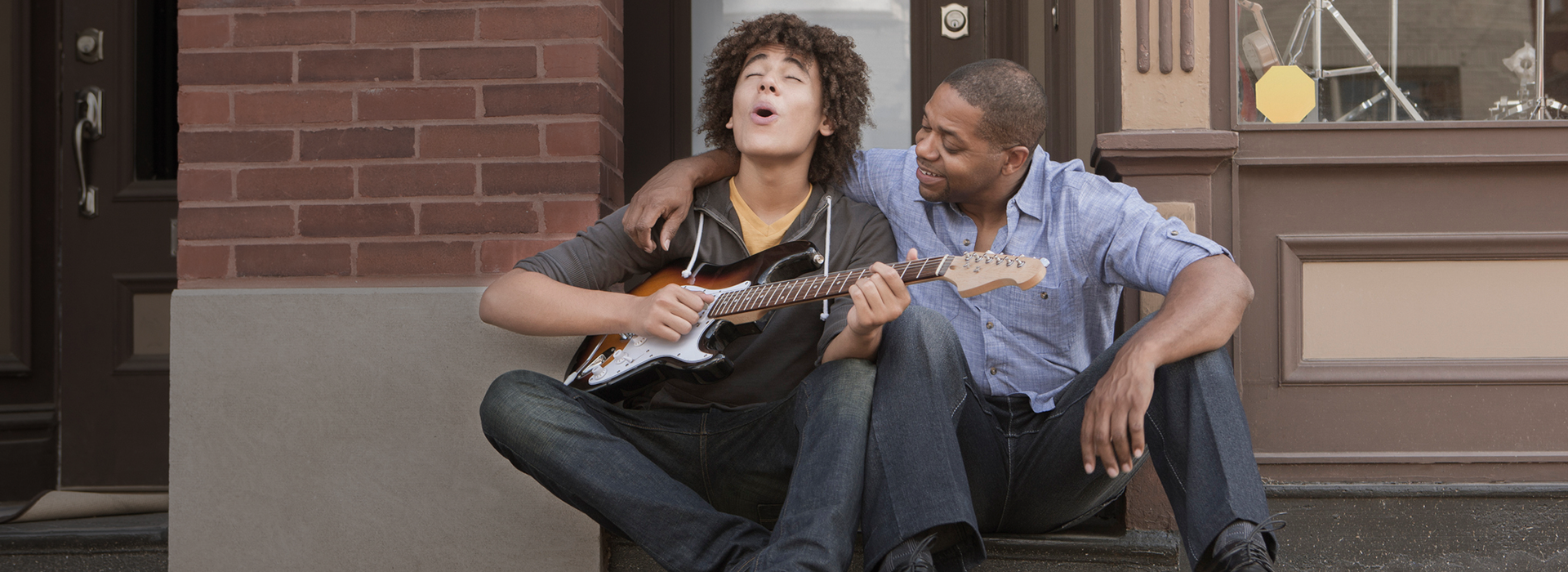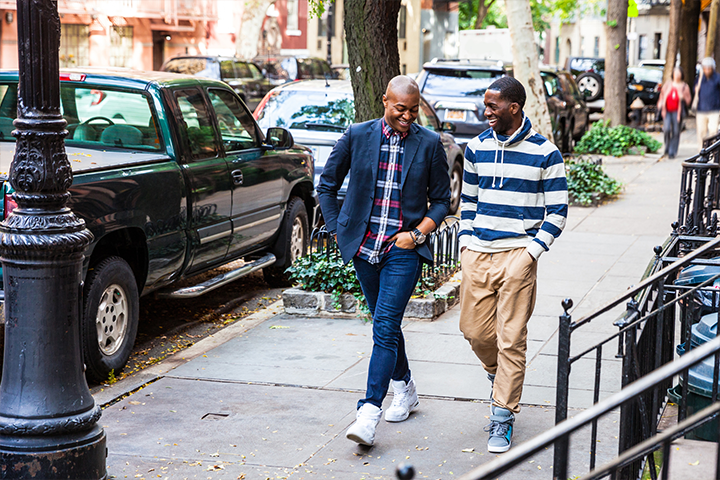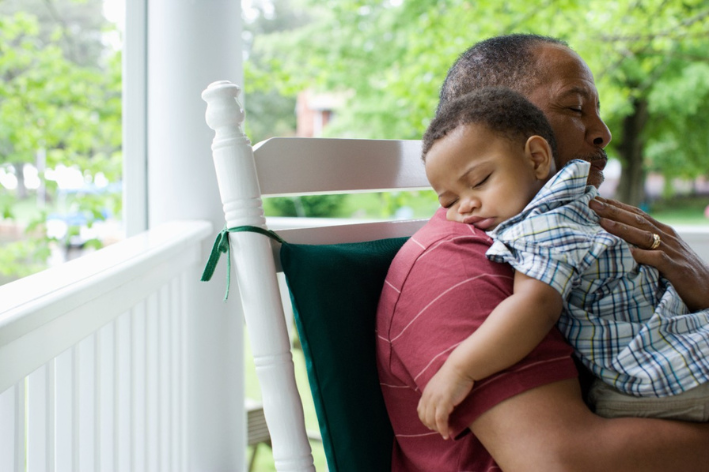

City Spotlight
Small business: Access to capital and resources for Black-owned small businesses
Challenges
Black-owned business owners historically have been left behind because of their limited access to capital and bank loans, predatory credit policies and the lack of banking relationships. There are currently more than 6,000 black-owned businesses in St. Louis. Key obstacles faced by small businesses in St. Louis include insufficient access to appropriate sources of capital, an unclear pathway for navigating business support options, and a lack of relevant networks that can lead to revenue opportunities.
Mastercard Solutions & initiatives
Mastercard partnered with St. Louis Mayor Tishaura Jones and the St. Louis Development Corporation to launch Digital Doors STL. Mastercard Digital Doors provides data tools and educational materials and leverages banking relationships to bolster the small business community. More than 100 Black small business owners participated in eight sessions of Digital Doors programming in the course of six months.
Mastercard also sponsored Delmar Main Street’s Black Business Expo in 2022 and 2023. This small business marketplace offers hundreds of unique products and services to shoppers, as well as support and mentorship to current and aspiring entrepreneurs in celebration of National Black Business Month. In collaboration with Yiftee, we supported the launch of a community card campaign to engage local residents in supporting local businesses during the expo and beyond.
Financial security: Affordable financial tools and services
challenges
The pandemic widened the achievement gap for Black children and adult learners. A survey conducted in 2020 by the Social Policy Institute at Washington University in St. Louis revealed that 15% of Black parents reported that their children attended a school without a distance-learning plan, compared to only 10% of white parents. For schools that did offer distance learning, only 72% of Black parents reported that their child’s school offered the necessary distance learning tools compared to 80% of white parents. And 44% of St. Louis area adults (25+ years old) have earned an associate’s degree or higher, but Black graduates only make up 27.5% of that number. St. Louis area adults with a bachelor’s degree or higher earn 77% more than those with a high school diploma. These statistics illustrate in stark terms the significant equity gap in education that exists in the St. Louis area.
Mastercard solutions & initiatives
Mastercard hosted an in-person Master Your Card session with 130 students from DeSoto High School. For more than nine years, Master Your Card has worked with more than 120 community partners across the nation to drive understanding of electronic payments technology through access to educational sessions.
Together with school districts, colleges and universities and corporate alliances, Mastercard is partnering with St. Louis-based nonprofit Access Point to remove barriers for young people and underrepresented communities by providing life-changing opportunities and long-term careers in technology through access to education, mentorship and financial support. Additionally, as a sponsor and supporter of LaunchCode since 2014, we have supported more than 250 St. Louis women in improving technical skills and hired more than 80 tech apprentices, of which 45% are of diverse backgrounds.
Government engagement: Expanding city programs to support Black communities
challenges
Expanding access to data tools and analysis positions city leaders to better work alongside community members, actualize equitable decision making, and drive inclusive growth.
Mastercard solutions & initiatives
In partnership with Mastercard’s Test & Learn platform, the city of St. Louis and nonprofit Behavioral Health Response acquired data analytics on the impact and outcomes of a pilot 911 diversion program launched. Working with the Mastercard team to develop insights has also helped the partners understand how to access, track and coordinate the appropriate data to deliver a true picture of impact. This exercise in developing a more efficient and better-connected data ecosystem could help the city find new ways to identify improvements to its other services.





